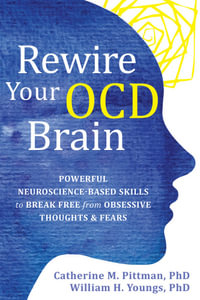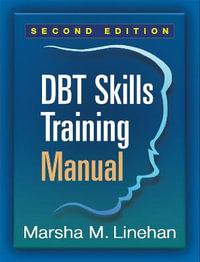
Forgiveness and Reconciliation
Theory and Application
By: Jr. Everett L. Worthington
Hardcover | 24 May 2006 | Edition Number 1
At a Glance
Hardcover
RRP $158.00
$117.50
26%OFF
Aims to ship in 7 to 10 business days
ISBN: 9781583913338
ISBN-10: 1583913335
Published: 24th May 2006
Format: Hardcover
Language: English
Number of Pages: 324
Audience: Professional and Scholarly
Publisher: Taylor & Francis Ltd
Country of Publication: GB
Edition Number: 1
Dimensions (cm): 22.86 x 15.24 x 1.91
Weight (kg): 0.57
Shipping
| Standard Shipping | Express Shipping | |
|---|---|---|
| Metro postcodes: | $9.99 | $14.95 |
| Regional postcodes: | $9.99 | $14.95 |
| Rural postcodes: | $9.99 | $14.95 |
How to return your order
At Booktopia, we offer hassle-free returns in accordance with our returns policy. If you wish to return an item, please get in touch with Booktopia Customer Care.
Additional postage charges may be applicable.
Defective items
If there is a problem with any of the items received for your order then the Booktopia Customer Care team is ready to assist you.
For more info please visit our Help Centre.























